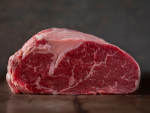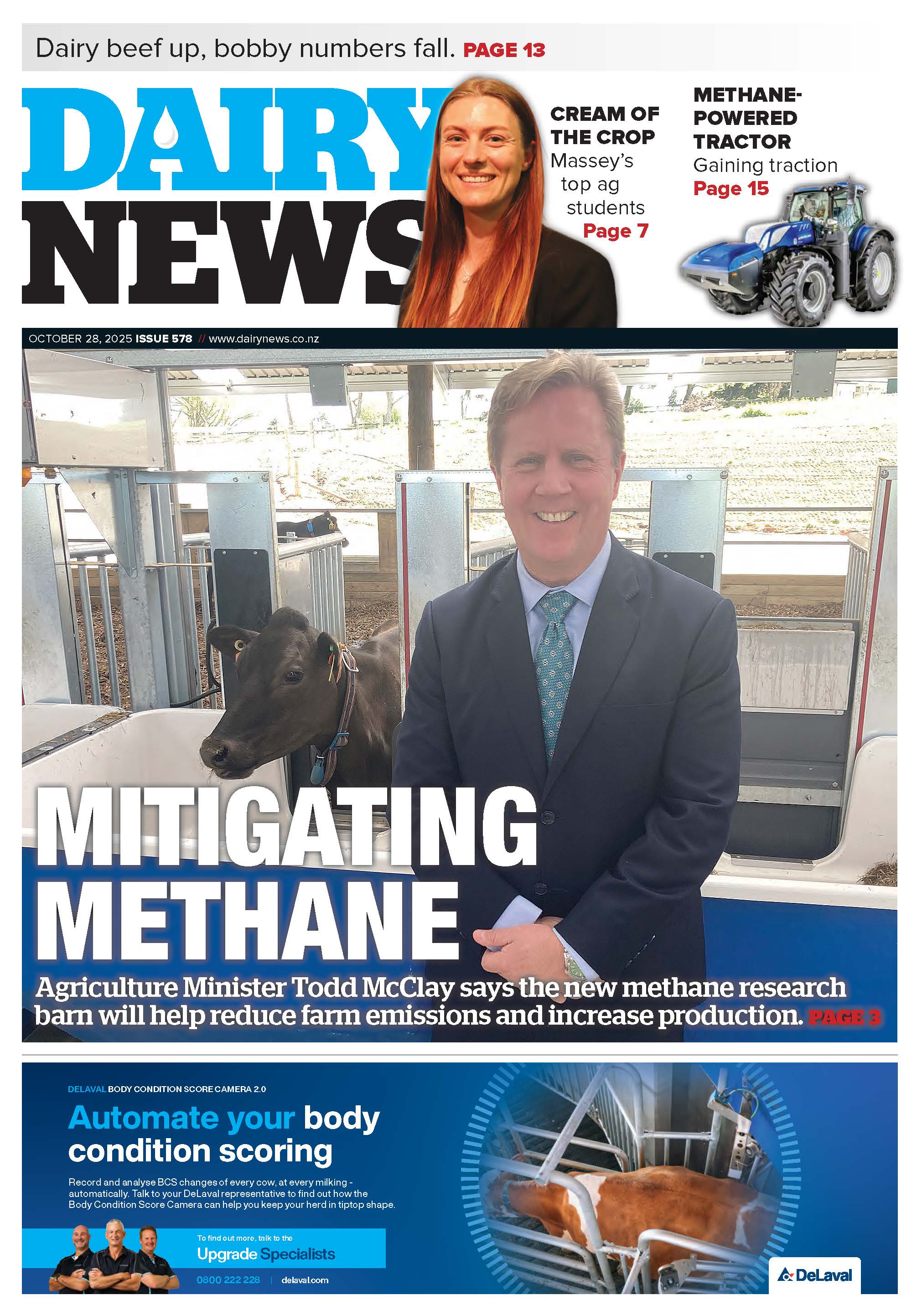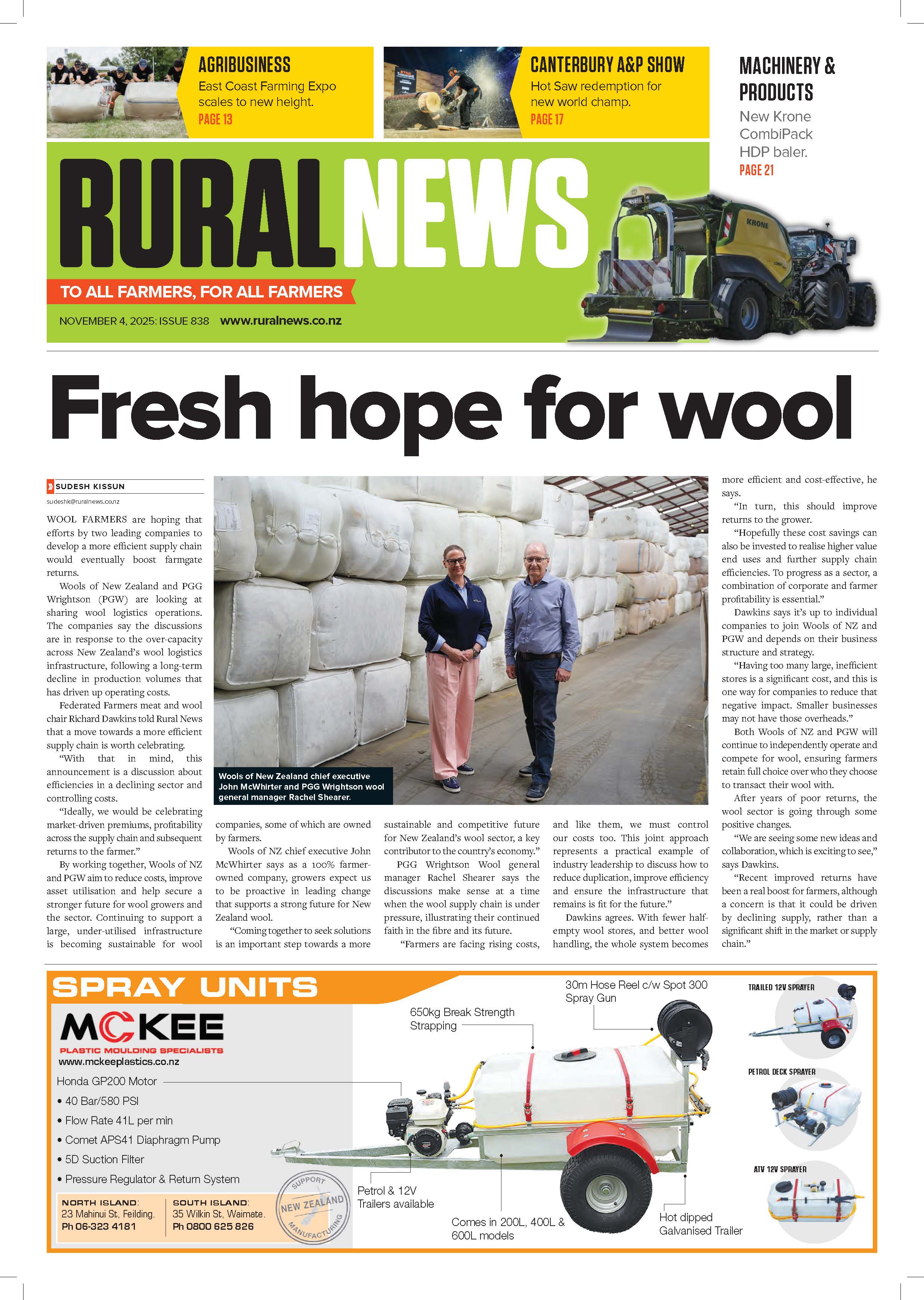New Zealand Animal Evaluation Ltd (NZAEL) says changes to fertility estimated breeding value (EBV) will provide more accurate information to dairy farmers and artificial breeding companies ahead of the next mating season.
The fertility trait change separates gestation length from fertility and creates a tenth trait to Breeding Worth (BW) – the index used to rank cows and bulls on their ability to efficiently convert feed into profit.
Released by NZAEL – the independent animal evaluation entity for dairy animals – the change makes gestation length (GL) a stand-alone trait, so it does not influence fertility estimated breeding value (EBV). It will also ensure farmers have more accurate information to make confident breeding decisions ahead of the next mating season.
“Part of NZAEL’s role is reflecting the fertility of animals as accurately as possible for farmers,” says NZAEL manager Andrew Fear.
“Fertility is an important trait for New Zealand dairy herds, given our seasonal pasture-based farm systems. The change is important to farmers, as it means we aren’t unintentionally selecting for gestation length,” Fear says.
The change separating gestation length from fertility is expected to be permanent.
“This is an example of the continuous improvements NZAEL is making,” he says. “It’s important for farmers to make use of this change now, so they can confidently make good breeding decisions.”
The next fertility trait change is being developed. This will see NZAEL move to a conception-based fertility trait, which according to NZAEL, means GL won’t influence conception dates to the same degree as the current fertility trait, which is based on calving dates.
“Shorter GL is economically economically beneficial for farmers,” Fear says. “For example, it allows more days in-milk and more time to recover between calving and the start of mating, but its value is lower than that of early conception date. Therefore, both traits should be valued independently when considering an animal’s breeding worth (BW).”
The change in overall BW will be minimal off the back of the current fertility trait change, but farmers may see a decrease of around 10 BW in bulls on the Ranking of Active Sires (RAS) list.
The NZAEL team and partner experts are working towards releasing the new trait in December 2023.


















